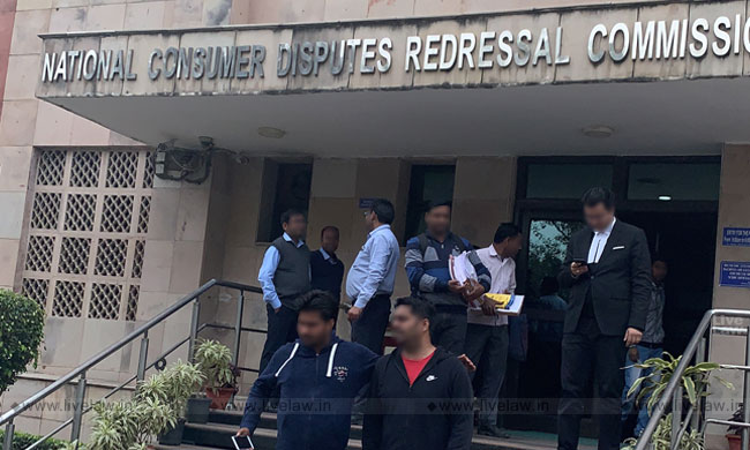- Home
- /
- News Updates
- /
- Docket Explosion At NCDRC!
Docket Explosion At NCDRC!
LIVELAW NEWS NETWORK
15 March 2019 10:29 AM IST
The National Consumer Disputes Redressal Commission (NCDRC) seems to be crumbling under its own weight.Besides the alarming pendency levels, the infrastructure is in such a poor condition that the staircase and both the sides of the corridors of the Commission are flanked by the files, leaving the record vulnerable to any misdoing. These photographs of the Commission office speak for...
Next Story



